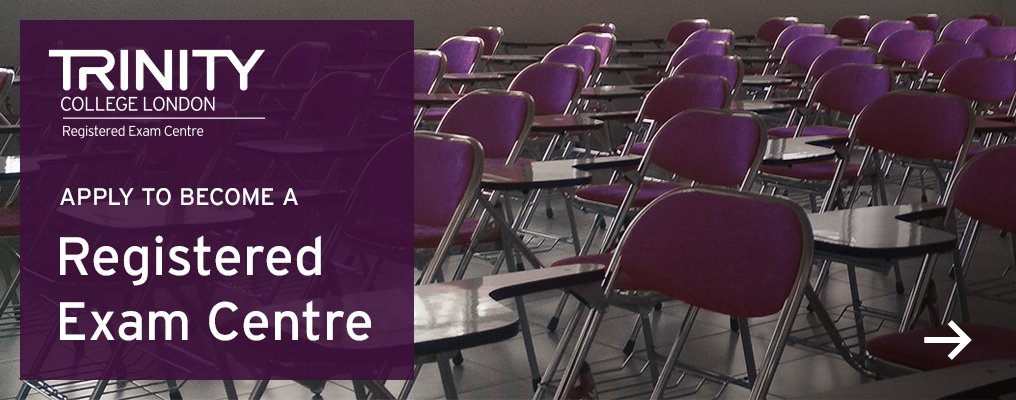Transferable skills for study and employment
Trinity's Integrated Skills in English (ISE) is a contemporary four skills (reading, writing, speaking and listening) qualification which can be taken in registered exam centres either as ISE Digital or ISE (paper edition). It is recognised by governments and institutions as providing reliable evidence of English language proficiency.
Preparing for ISE helps develop authentic communicative and transferable skills that are required for academic study and employability, such as synthesising information, participating in interactive discussions and presenting on topics of personal interest.
Mapped to the Common European Framework of Reference for languages (CEFR)
ISE proficiency levels are calibrated to the Common European Framework of Reference for languages (CEFR) and are available at all six CEFR levels: A1–C2.
Reliable evidence of skills
Trinity's ISE qualifications provide individuals and institutions with reliable evidence of the use of integrated English language skills at different levels from beginner to advanced. Read more about the research leading to CEFR alignment and learner profiles.
Our ISE exams are regulated by Ofqual in the UK. They are listed on the UK's Regulated Qualifications Framework (RQF) and are aligned with the European Qualifications Framework (EQF). Find out more at Certificate information.
Trinity's ISE A2–C2 exams have been awarded the ALTE Q-mark by the Association of Language Testers in Europe demonstrating that they meet strictest of quality criteria.
Recognised and accepted
ISE is a UK government-approved test for settlement and visa application purposes when taken at a Trinity SELT Centre.
If you are preparing for ISE as a Secure English Language Test (SELT) for visa or other purposes in the UK, please visit UK visa tests,
ISE qualifications are used as robust evidence of English language proficiency and are recognised by an ever growing number of universities, governments and institutions around the world. Read more about international Recognition of Trinity's English language qualifications.
ISE is a suitable exam for students at the end of study-abroad courses.
Become a Trinity Registered Exam Centre
Did you know that Trinity Registered Exam Centres gain access to teacher support, study materials and teacher development, including leading teacher qualifications?
Discover the benefits of becoming a Trinity Registered Exam Centre and learn how to apply.
Find out more
